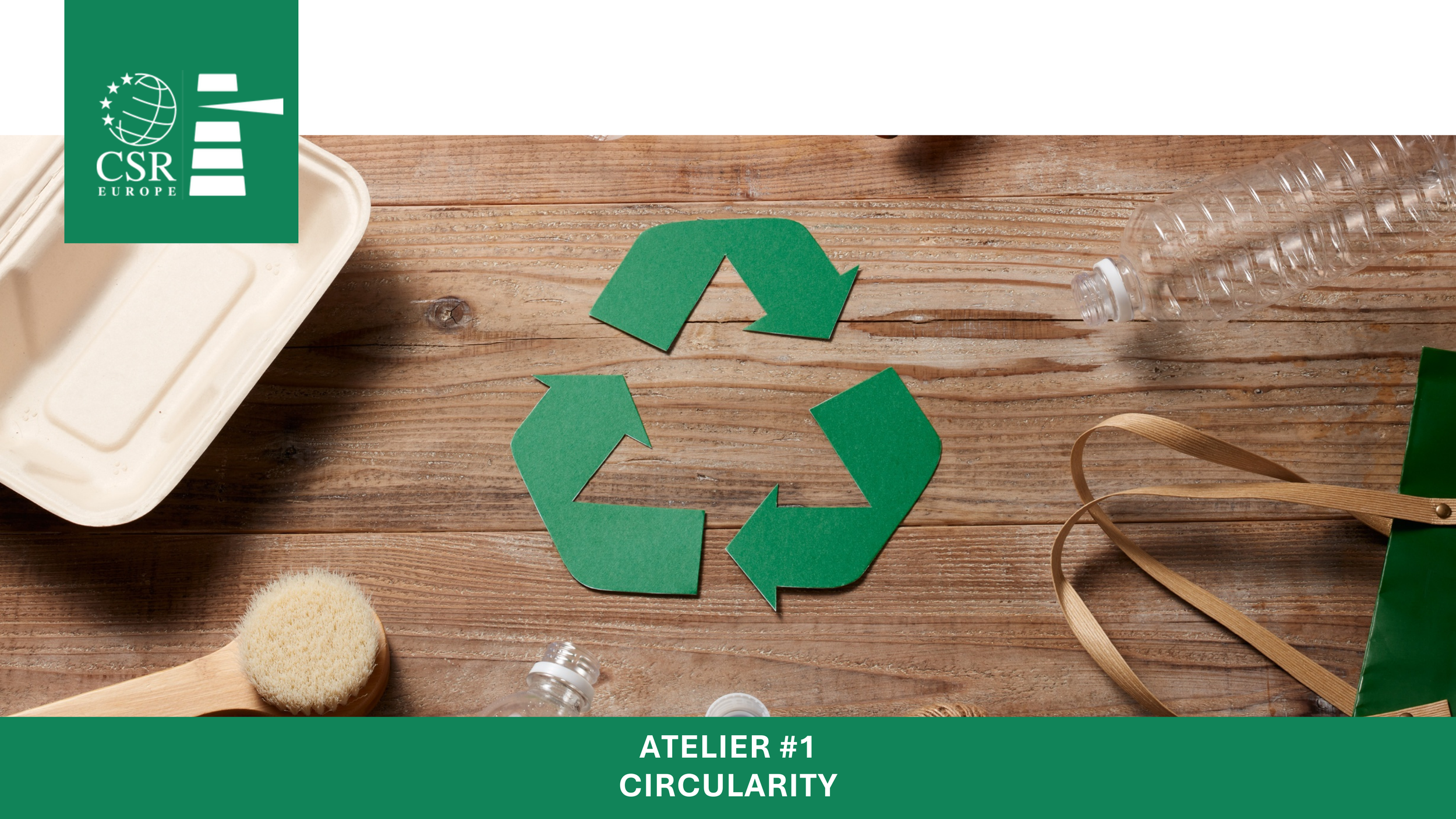EU Updates - September
New Pact for Skills Partnership to Foster Digital Skills
The European Commission has launched a new Skills Partnership for the digital ecosystem. The partnership is aimed at improving existing digital skills (upskilling) and training in new ones (reskilling) in the fields of information and communication technologies (ICT) manufacturing, ICT services, and telecommunications. Commissioner for Internal Market, Thierry Breton, said: “Digital skills are a cornerstone of the digital and green transition. They are also key to success for businesses of all sizes. The Digital Ecosystem’s Skills Partnership under the Pact for Skills will take a leading role in making the EU economy fit for the challenges of the future.”
This is the last of 12 partnerships inaugurated by the Commission under the Pact for Skills. With this initiative, the Commission calls on industry, social partners, vocational education and training (VET) providers as well as national, regional and local authorities to join forces in a collective action to:
Ensure the right skills for jobs;
Support people in their lifelong learning pathways;
Unlock investments in skills.
Commissioner for Jobs and Social rights, Nicolas Schmit, said: “This partnership will strengthen the digital skills of European workers which enables them to navigate today’s ever-changing labour market. I am pleased to see that yet another partnership for skills under the Pact for Skills is concluded which will contribute to Europe’s competitiveness and social cohesion.”
Ultimate purpose of the Skills Partnership for the digital ecosystem is to ensure multistakeholder action towards:
The shortage of ICT specialists and other technology experts.
The shortage of digital experts in traditional companies of all sizes and in all ecosystems.
The fast-paced technological development and the increased automation and digitalisation of Europe’s industry.
The lack of a lifetime learning perspective and gender balance.
Cybersecurity vulnerabilities.
For more information:
EU Project Manager
New Rules for Companies to Stop EU-Driven Deforestation
The Environment, Public Health and Food Safety (ENVI) Committee of the European Parliament supports the Commission’s proposal for a regulation on deforestation-free products to curb EU-driven deforestation. The rapporteur Christophe Hansen (EPP, LU) said: “Acknowledging that the EU is responsible for around 10% of global deforestation, we don't have a choice but to ramp up our efforts to halt global deforestation. If we get the balance right between ambition, applicability and WTO compatibility, this new tool has the potential to pave the way to deforestation-free supply chains.”
MEPs proposed to:
Expand the scope of the regulation to new products
Pigmeat, sheep and goats, poultry, maize, rubber, charcoal and printed paper products would be added to the list of goods to check - currently including cattle, cocoa, coffee, palm-oil, soya and wood, including products that contain, have been fed with or have been made using these commodities (such as leather, chocolate and furniture). MEPs also want to strengthen annual checks and implementation of at least 20% of the goods from high-risk areas.
Expand the meaning of “forest degradation”
The ENVI Committee wants to cover other natural ecosystems such as grasslands, peatlands, and wetlands, if deemed appropriate by the Commission, within one year after the entry into force of the regulation.
Foster due diligence reports on human rights and rights of indigenous people.
Besides the relevant laws and standards to abide to in the country where the products are produced, MEPs want companies to verify that goods are produced in accordance with human rights protected under international law and the rights of indigenous people.
At the next plenary scheduled for the week of September 12th, the European Parliament is expected to adopt the ENVI position, after which negotiations on the final law can begin with member states.
For more information:
EU Project Manager
Sixty Percent European Banks Vulnerable to Climate Change
Some 60 percent of banks do not yet have an internal stress-testing framework for climate risk, and most don’t include climate risk in their internal credit risk models. This is the result of the European Central Bank’s “2022 climate risk stress test”.
This exercise measured the vulnerability of a group of 104 banks’ balance sheets - including the 41 largest - to three scenarios: a crippling Europe-wide heatwave, a large flood, and a sharp increase in the price of carbon. From the ECB’s research, EU banks could lose up to €70 billion over the next three years due to climate-related risks.
Frank Elderson, the Vice-Chair of the supervisory board said:
“This exercise is a crucial milestone on our path to make our financial system more resilient to climate risk. We expect banks to take decisive action and develop robust climate stress-testing frameworks in the short to medium term”.
For more information:
EU Project Manager







